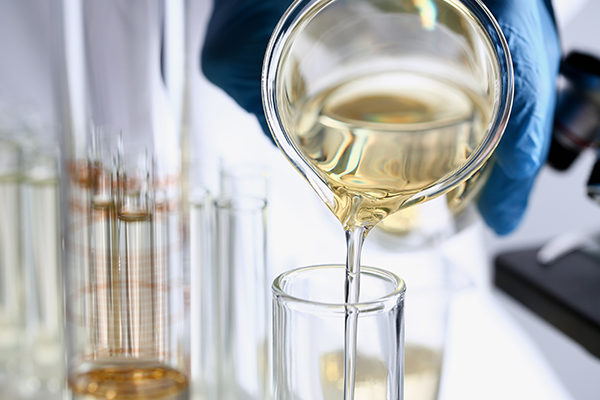
Chemical Recycling of Plastics: Advanced Recycling Technology
Chemical recycling of plastics, also called advanced recycling, is taking plastic waste and reducing it back to its original molecular form, which is raw petroleum. This PET can then go back into manufacturing system and eventually be processed into entirely new polyester fiber or plastic items.
Although chemical recycling is more expensive than mechanical recycling of plastic, the raw petroleum is not degraded and could be used and recycled again and again feeding an “infinite” recycling system.
Chemical Recycling Process
Chemical recycling is accomplished by dissolving the plastic with enzymes or chemicals or using heat to break down plastics into their original components.
Chemical recycling is used with plastics which are difficult to sort and process mechanically. It is also used to recycle plastics in food contact applications and packaging. The processes used in advanced recycling of used plastics either using chemicals or thermal processes takes place in the absence of oxygen so emissions from advanced recycling are generally considered very low.
New Technologies in Chemical Recycling
Currently, there are a number of ongoing projects in the plastics and recycling industries to make advanced recycling more widespread. Two processes which are being refined for wider use are Pyrolysis and Gasification.
Pyrolysis, turns plastics which are recovered from solid waste (garbage) into a synthetic crude oil that can be refined into diesel fuel, gasoline, heating oil or waxes. Using pyrolysis to convert plastics into fuel reduces greenhouse gas emissions by 14% and water consumption by 58%, and it saves up to 96% in traditional energy use as opposed to refining conventional crude oil.
Gasification turns materials recovered from solid waste (garbage) into a synthesis gas, or “syngas,” which can be used for electric power generation or converted into fuel or ethanol and methanol. It can also also be used to make new plastics that go into consumer products.
To share your thoughts on recycled plastic or to learn more about SAYA fiber, please contact us at change@sayarenew.com